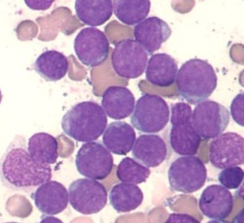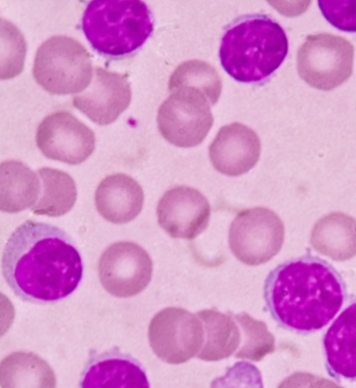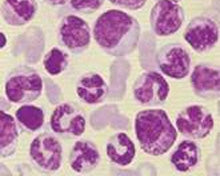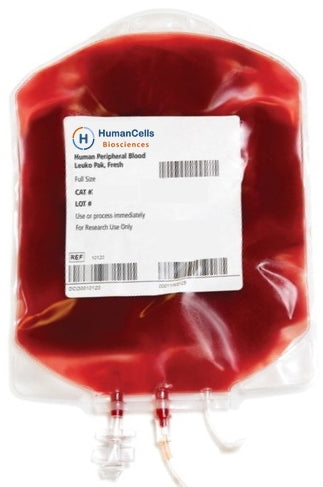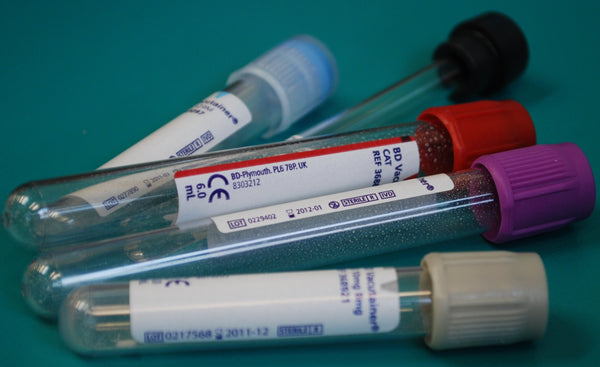Ulcerative Colitis Whole Blood and Plasma
Ulcerative colitis is the most common form of inflammatory bowel disease. It is characterized by continuous mucosal inflammation that starts in the rectum and extends proximally. In ulcerative colitis, the lining of the colon becomes inflamed and develops tiny open sores, or ulcers, that produce pus and mucous. The combination of inflammation and ulceration can cause abdominal discomfort and frequent emptying of the colon. Ulcerative colitis can also affect extraintestinal tissues mainly including the skin, joints, eyes, and liver. Development of ulcerative colitis can be linked to genetic predisposition, epithelial barrier defects, dysregulated immune responses, gut microbiome and other environmental factors.
We can obtain whole blood and plasma samples from these patients when they become available to our network of clinicians. Some disease types may have a long backorder depending on the frequency of the disease occurrence in the general population. All samples come from fully consented IRB approved collections.
Key differences between Crohn’s disease and ulcerative colitis (UC):
|
Crohn’s disease |
Ulcerative colitis |
|
|
|
|
|
|
|
|
|
|
| Catalog# | Format | Product name | Size | Price | Quantity |
|---|


